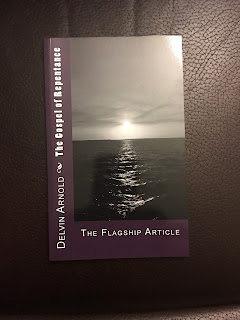Are We to fear God?
Proverbs tells us that the fear of the Lord is the beginning of knowledge, but fools despise wisdom and instruction (Prov 1:9). What does it mean to fear God? The word fear in our culture is a negative. For instance, the word of God tells us God has not given us the spirit of fear, but of power, love, and a sound mind (2 Tim 1:7) So why is fearing God a good thing, a virtue? A healthy fear [1] of God is acknowledging that 1) He exists, that he is real. 2) We need to fear God for his majesty, there is none like him in all the universe. 3) We need to fear God for his power. He is the creator and sustainer of all things. 4) We need to fear God for his provision, that he meets our needs. 5) We need to be afraid of God when we sin for we displease him. We need to run to him and beg forgiveness for he is merciful (1 John 1:9). Continuing this theme, fearing God is also to be in awe of him to the degree that we submi
